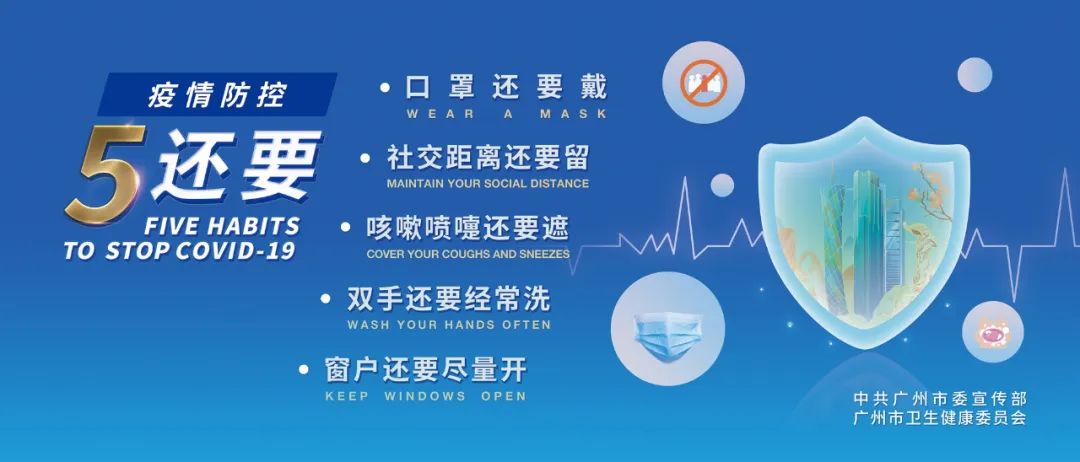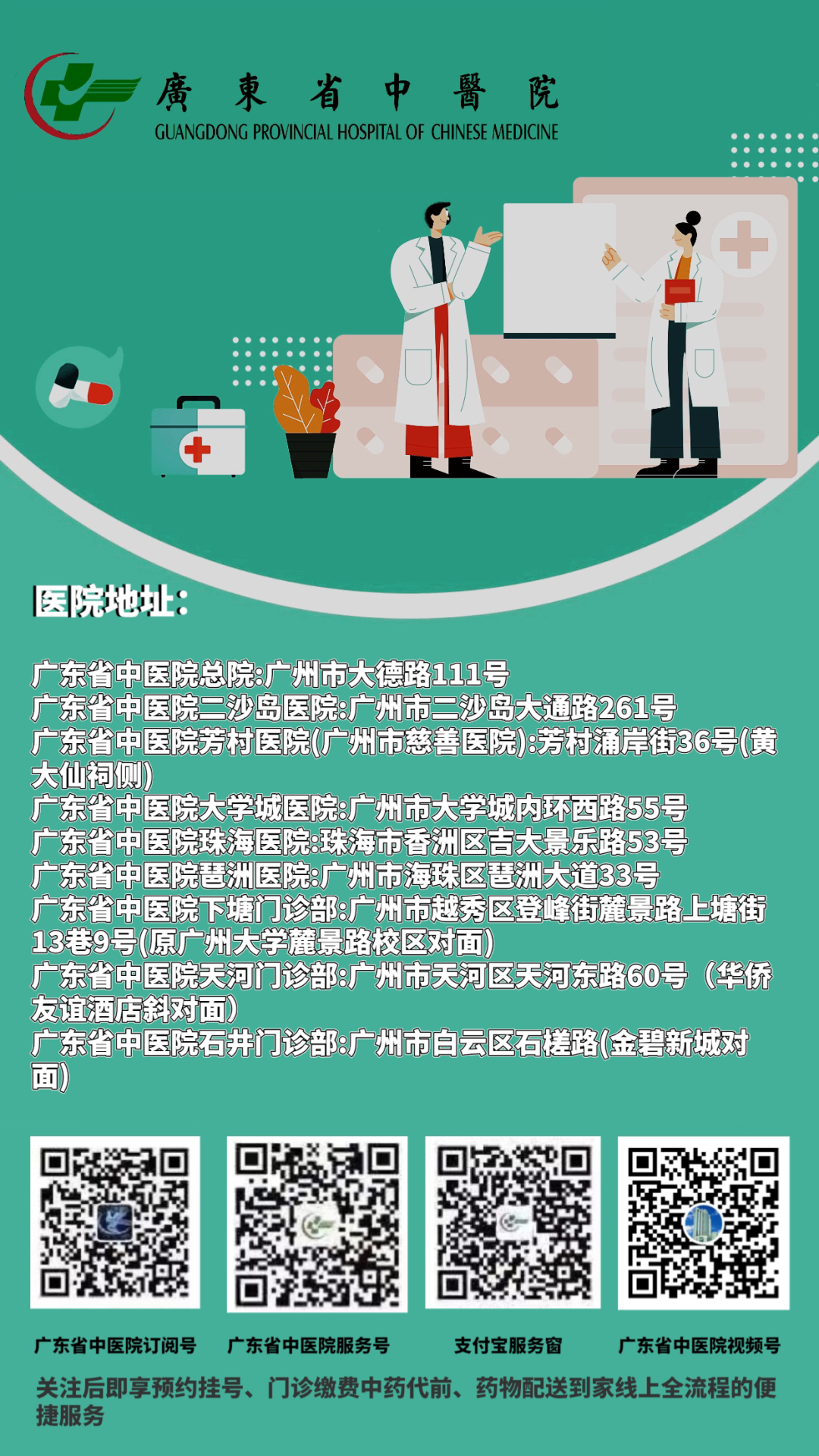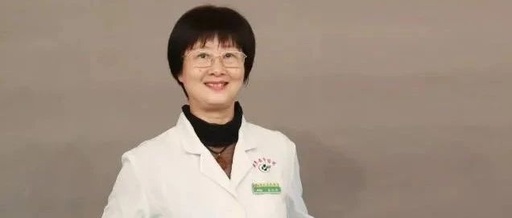Team Mentor
National Leading Talent in Traditional Chinese Medicine “Qihuang Scholar”, Renowned Gynecologist in Lingnan, Famous TCM Physician in Guangdong Province, Chief Physician of Gynecology at Guangdong Provincial Hospital of Traditional Chinese Medicine Wang Xiaoyun 【Preface】 From ancient times to the present, literati have often used flowers to symbolize women, representing beauty and delicacy. However, gynecological diseases have become the primary enemy that destroys this flower. Whether it is menstrual irregularities during puberty, infertility during reproductive years, or depression and sleep disorders during menopause, these conditions can lead to frustration and loss of beauty. It is better to prevent illness than to treat it; renowned TCM physician Wang Xiaoyun invites you to work together to protect the flower of life.
【Preface】 From ancient times to the present, literati have often used flowers to symbolize women, representing beauty and delicacy. However, gynecological diseases have become the primary enemy that destroys this flower. Whether it is menstrual irregularities during puberty, infertility during reproductive years, or depression and sleep disorders during menopause, these conditions can lead to frustration and loss of beauty. It is better to prevent illness than to treat it; renowned TCM physician Wang Xiaoyun invites you to work together to protect the flower of life.
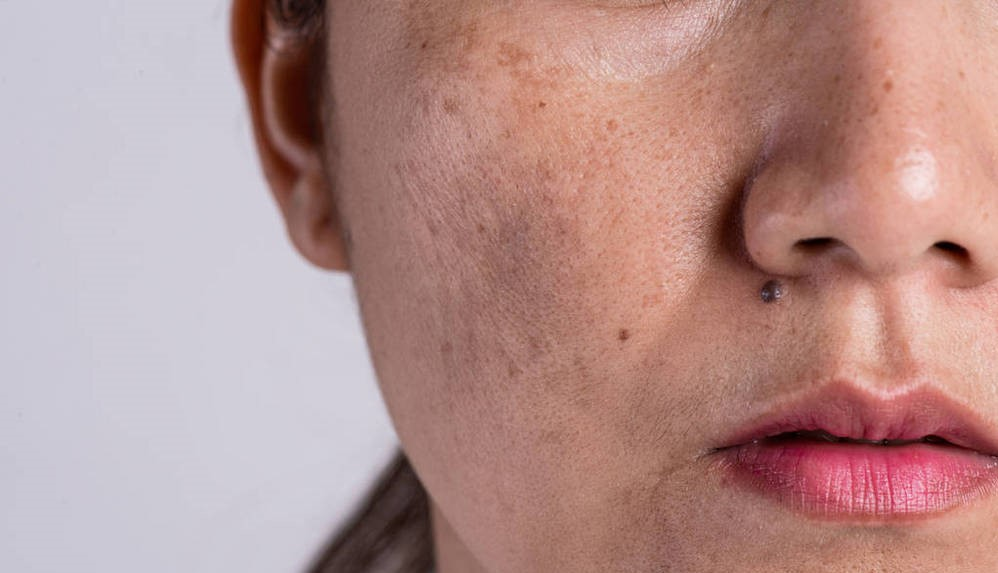
Have you noticed a situation where your complexion is always dull, you forget what you just said, and your body inexplicably has bruises? When you look in the mirror, your lips are always dark, and you often feel a tightness in your chest, difficulty breathing, or even sharp pain in the heart area…
In fact, these are typical manifestations of individuals with blood stasis, especially in women, who may also experience enlarged pores, scanty menstruation, dysmenorrhea, and blood clots. Moreover, it is important to note that those with a blood stasis constitution are also at a higher risk of developing cerebral infarction, coronary heart disease, and hypertension, which should be taken seriously. So how can one determine if they have a blood stasis constitution? How can one regulate the condition of blood stasis in the body?
How to Identify Blood Stasis Constitution?
1. Dull Complexion and Dry Skin
Individuals with blood stasis will first exhibit dry skin, resembling fish scales, and feel rough to the touch, which is referred to as “dry skin and rough texture”. For women, this primarily manifests as dull facial skin, enlarged pores, and prominent acne scars, making the entire face appear dark and dry.
2. Dark Lips
Those with a blood stasis constitution will have noticeably dark lips, often encircling the lips like a ring. Women with this manifestation frequently experience scanty menstruation, dysmenorrhea, dark menstrual blood with clots, or even premature menopause, and may have uterine fibroids or ovarian cysts.
3. Stasis Spots on the Tongue
Individuals with blood stasis will have a dark-colored tongue with stasis spots or patches. When the tongue is pressed against the palate, you may notice varicose veins underneath, with two prominent veins appearing dark purple and thick.
4. Numbness in Hands and Feet
Those with a pronounced blood stasis constitution may experience numbness in their limbs, which does not improve with changes in position. If you experience persistent numbness in your hands and feet and have ruled out other conditions, be cautious as it may be due to blood stasis.
5. Body Pain
As TCM often states, “Where there is flow, there is no pain; where there is pain, there is no flow.” Individuals with stasis blood often feel sharp pain in certain areas, which may be fixed and sensitive to touch.
How to Improve Blood Stasis Constitution?
To regulate blood stasis, in addition to syndrome differentiation and treatment, daily management can be approached through dietary therapy, exercise, and acupoint massage.
1. Dietary Regulation
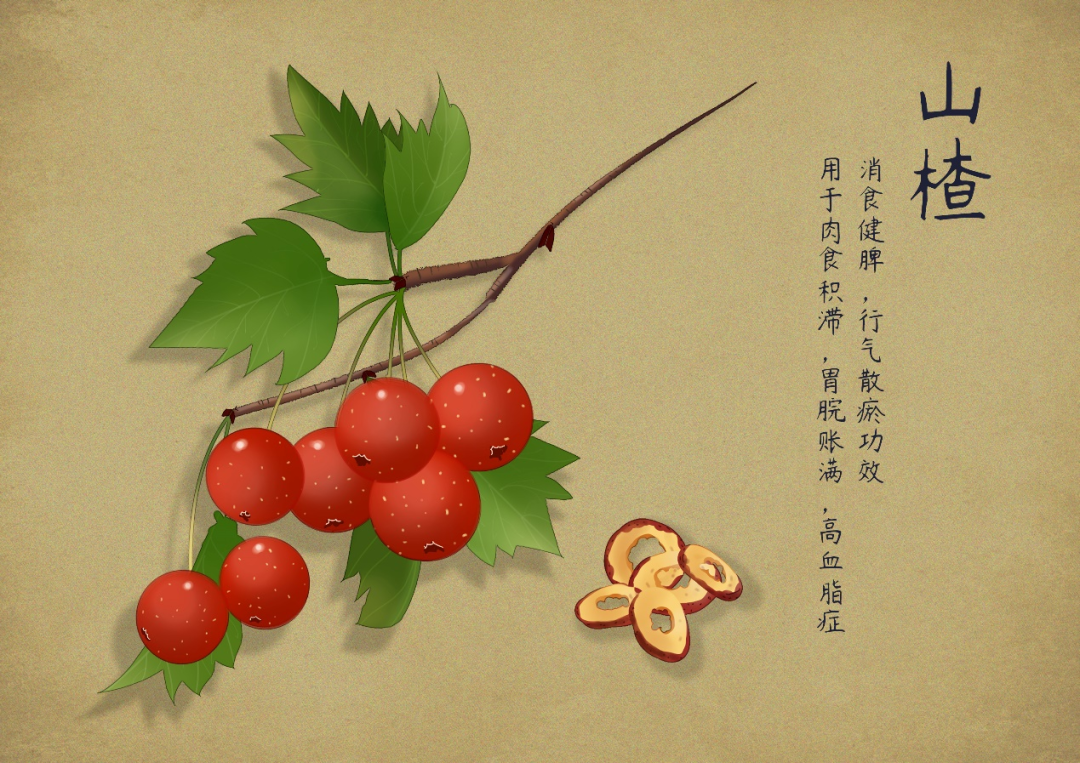
Individuals with blood stasis should consume foods that promote blood circulation and invigorate qi, such as hawthorn and rose. Both of these have effects of invigorating blood circulation, dispelling stasis, and relieving depression. Additionally, vinegar, black beans, and rapeseed can also promote blood circulation and dispel stasis. Among these foods, hawthorn is the top choice. Hawthorn not only promotes qi and dispels stasis but also aids digestion and strengthens the stomach. However, it should be noted that hawthorn is rich in organic acids and should not be consumed on an empty stomach; another herb is Sanqi (Panax notoginseng), which has the effects of invigorating blood, dispelling stasis, stopping bleeding, and relieving pain, and is particularly effective for mild blood stasis symptoms. It can be taken directly or mixed with milk, but the daily dosage should not exceed 3 grams.
2. Exercise Regulation
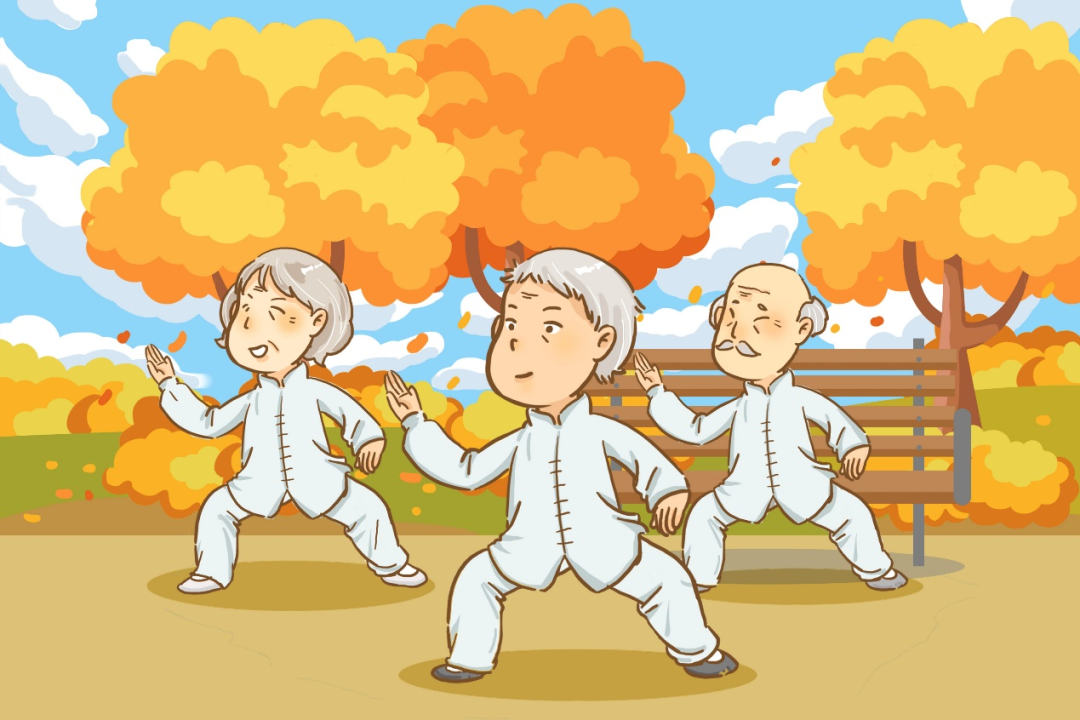
Individuals with blood stasis often have poor circulation of qi and blood, and exercise can increase blood circulation speed. Therefore, moderate aerobic exercise is recommended, such as Tai Chi, Ba Duan Jin (Eight Pieces of Brocade), jogging, brisk walking, or swimming, which can promote the circulation of qi and blood throughout the body and is the simplest and most effective way to improve blood stasis. However, intense exercise is not recommended, as it can lead to excessive fatigue.
3. Acupoint Massage
The human body has many acupoints that can invigorate blood circulation and dispel stasis, such as Shenque (Ren 8) and Taichong (Liv 3). Shenque is a vital acupoint for health, located in the center of the navel, and is the most secret and critical acupoint in the body. Individuals with blood stasis can frequently massage this acupoint to help restore heart and lung function. Every night before bed, while fasting, rub your hands together to warm them, place your left hand underneath and your right hand on top, resting them on your navel, and massage in a clockwise direction for ten minutes each time.

Taichong (Liv 3), also known as the “Qi-Reducing Point”, is the source point of the Liver meridian, located in the depression between the first and second toes. Pressing this acupoint after feeling angry can help reduce qi and alleviate some diseases caused by anger. Individuals with a blood stasis constitution leaning towards qi stagnation can massage this acupoint. It is recommended to massage twice a day for 15 minutes each time.
 Previous Highlights: Lingnan Gynecology Health Workshop | How to Fade Spots for a Radiant Complexion?Lingnan Gynecology Health Workshop | Avoid Insomnia with These Methods for Peaceful SleepLingnan Gynecology Health Workshop | The Benefits of Sanqi for Women: Are You Taking It Correctly?
Previous Highlights: Lingnan Gynecology Health Workshop | How to Fade Spots for a Radiant Complexion?Lingnan Gynecology Health Workshop | Avoid Insomnia with These Methods for Peaceful SleepLingnan Gynecology Health Workshop | The Benefits of Sanqi for Women: Are You Taking It Correctly?
Expert Introduction
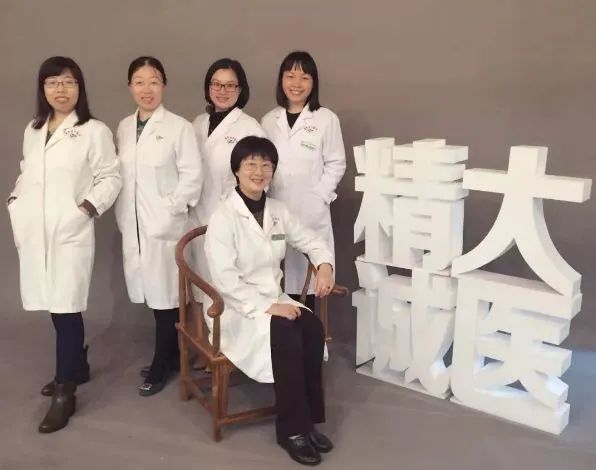
Wang Xiaoyun:
Chief Physician, Professor, Doctoral Supervisor, Postdoctoral Mentor. National Leading Talent in Traditional Chinese Medicine “Qihuang Scholar”, Renowned Gynecologist in Lingnan, Famous TCM Physician in Guangdong Province, Teaching Master in Guangdong Province, Head of the National Key Specialty Collaboration Group in Gynecology during the 11th, 12th Five-Year Plans, and Mentor for the Inheritance of Experience from National Renowned TCM Physicians. Academic Leader in Gynecology at Guangdong Provincial Hospital of Traditional Chinese Medicine, Head of the Lingnan TCM Gynecology Academic Inheritance Studio, and President of the Gynecology Professional Committee of the Chinese Ethnic Medicine Association. Consultation Hours: Monday afternoon, Wednesday morning (3rd Floor Music Therapy Room, Guangdong Provincial Hospital of Traditional Chinese Medicine, Ersha Island), Friday afternoon (5th Floor Special Outpatient Clinic, West District, Guangdong Provincial Hospital of Traditional Chinese Medicine). Huang Xuchun: Chief Physician, Master of Medicine. National Inheritance Talent of Clinical Characteristics of Traditional Chinese Medicine, Head of Wang Xiaoyun’s National Renowned TCM Physician Inheritance Studio, Academic Inheritor of National Renowned TCM Physician and Capital National TCM Master Professor Xiao Chengcong, National Leading Talent in Traditional Chinese Medicine “Qihuang Scholar”, Academic Inheritor of Professor Wang Xiaoyun. Vice Chairman of the Osteoporosis Branch of the Chinese Association of Traditional Chinese Medicine, Chairman of the Gynecology Professional Committee of the Osteoporosis Branch of the Chinese Association of Traditional Chinese Medicine. Consultation Hours: Tuesday morning (2nd Floor Gynecology Outpatient, Guangdong Provincial Hospital of Traditional Chinese Medicine, Ersha Island), Tuesday afternoon (3rd Floor Music Therapy Room, Guangdong Provincial Hospital of Traditional Chinese Medicine).
Huang Xuchun: Chief Physician, Master of Medicine. National Inheritance Talent of Clinical Characteristics of Traditional Chinese Medicine, Head of Wang Xiaoyun’s National Renowned TCM Physician Inheritance Studio, Academic Inheritor of National Renowned TCM Physician and Capital National TCM Master Professor Xiao Chengcong, National Leading Talent in Traditional Chinese Medicine “Qihuang Scholar”, Academic Inheritor of Professor Wang Xiaoyun. Vice Chairman of the Osteoporosis Branch of the Chinese Association of Traditional Chinese Medicine, Chairman of the Gynecology Professional Committee of the Osteoporosis Branch of the Chinese Association of Traditional Chinese Medicine. Consultation Hours: Tuesday morning (2nd Floor Gynecology Outpatient, Guangdong Provincial Hospital of Traditional Chinese Medicine, Ersha Island), Tuesday afternoon (3rd Floor Music Therapy Room, Guangdong Provincial Hospital of Traditional Chinese Medicine). Cao Xiaojing: Associate Chief Physician, Doctor of Clinical Medicine, Postdoctoral Fellow, Visiting Scholar at Karolinska Institutet, Sweden. National Leading Talent in Traditional Chinese Medicine “Qihuang Scholar”, Academic Inheritor of Professor Wang Xiaoyun. Director of the Gynecology Professional Committee of the Chinese Ethnic Medicine Association, Member of the Abdominal Acupuncture Professional Committee of the Chinese Acupuncture Association. Consultation Hours: Monday morning, Thursday afternoon (2nd Floor Gynecology Outpatient, Guangdong Provincial Hospital of Traditional Chinese Medicine, Ersha Island).
Cao Xiaojing: Associate Chief Physician, Doctor of Clinical Medicine, Postdoctoral Fellow, Visiting Scholar at Karolinska Institutet, Sweden. National Leading Talent in Traditional Chinese Medicine “Qihuang Scholar”, Academic Inheritor of Professor Wang Xiaoyun. Director of the Gynecology Professional Committee of the Chinese Ethnic Medicine Association, Member of the Abdominal Acupuncture Professional Committee of the Chinese Acupuncture Association. Consultation Hours: Monday morning, Thursday afternoon (2nd Floor Gynecology Outpatient, Guangdong Provincial Hospital of Traditional Chinese Medicine, Ersha Island). Contributed by: Lingnan TCM Gynecology School of Guangdong Provincial Hospital of Traditional Chinese Medicine Executive Editor: Liu Jia Proofreader: Zhuang Yingge
Contributed by: Lingnan TCM Gynecology School of Guangdong Provincial Hospital of Traditional Chinese Medicine Executive Editor: Liu Jia Proofreader: Zhuang Yingge
Editor: Song Liping
